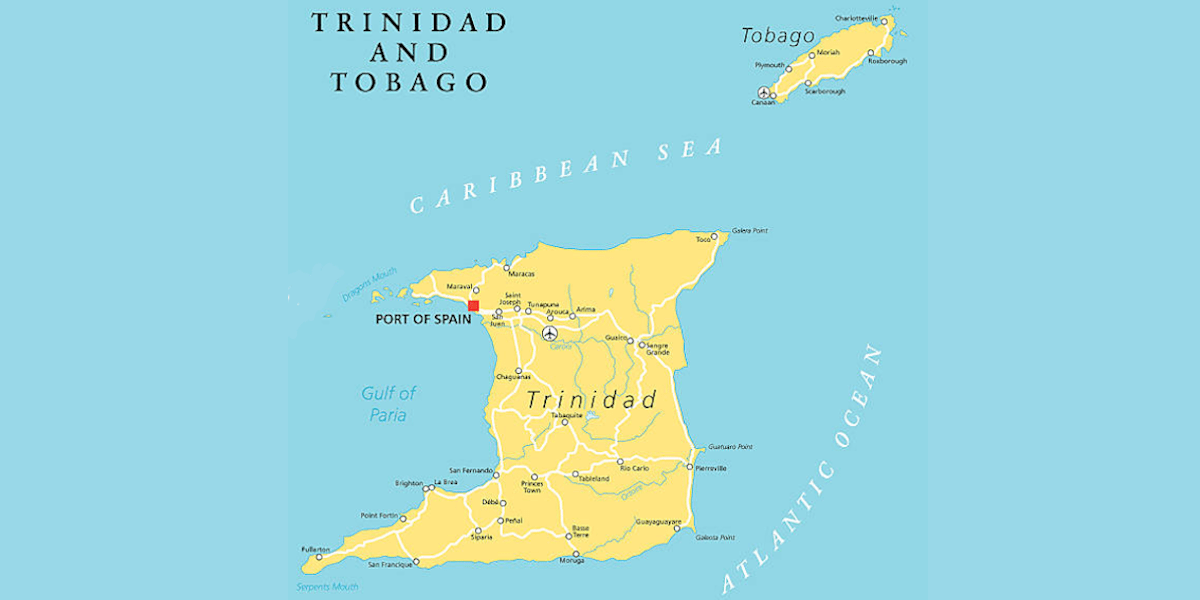Last summer, Trinidad and Tobago’s Upper House passed the Gambling and Control Bill 2021 to give them a firmer grip over taxation of the $16billion a year industry- a move Finance Minister Colm Imbert said would lead to an increase in taxable revenue from $75million to $500million. A significant step towards cutting a budget deficit said to be nearly $8billion.
Alongside fiscal motivations, the bills establish a framework to oversee the gambling industry, as well as protect against problem gambling and gambling-related crime.
Building on that legislation was the formation this week of the GCC, with its remit to monitor and govern gambling activities across both Caribbean islands.

Stephan Tang Nian- former senior government advisor on banking, auditing and AML- was appointed as its first chairman.
The commission is expected to be the next step in a the dual-island nations sweeping reform of the sector “to address the social concerns arising out of the proliferation of private member clubs providing casino-style games to the club members”.
Tang Nian will be joined by cyber-securities expert Steven Thomas- Managing Director and Senior Software Developer of Trininidad-based Prodigy Software- who will assume the role of Deputy Chairman.
The remaining board members will comprise a selection of experts from the gambling sector, business, law and AML. Thomas and Tang Nian will serve a maximum of four years each.

According to the Gambling and Control bill, The Gambling Control Commission was formed to “establish a licensing framework which will aid in minimising the potential for money laundering and terrorist financing due to the stringent criteria that will have to be met in order to obtain a licence to work in the gaming and betting sectors.
It is recognised that these sectors have the potential to contribute meaningfully and positively to the national economy, if regulated effectively, by creating employment, not only in the sector but in other downstream sectors, thereby creating greater tax revenues.”
The GCC builds on existing legislation and the new regulations are designed to prevent crimes linked with gambling, ensuring compliance with international anti-money laundering and counter-terrorism financing regulations.
Any individuals involved in operating gaming establishments, or any of the activities linked to the sector, must obtain a licence from the commission- with licences ranging from Gaming and Betting Operator Licences to Gaming Machine Manufacture Licence.

Anyone operating illicitly without the correct licence or acting outside their regulations are now liable to a criminal penalty of $5million and up to 5 years’ imprisonment.
Although some smaller operators claim the cost of obtaining licenses may force them out of business- leaving only space for larger operators who can absorb the costs more easily- the government is resolved to tighten up the sector, predicting local economies will benefit from job creation, alongside the boost taxation will bring to the budget deficit.

